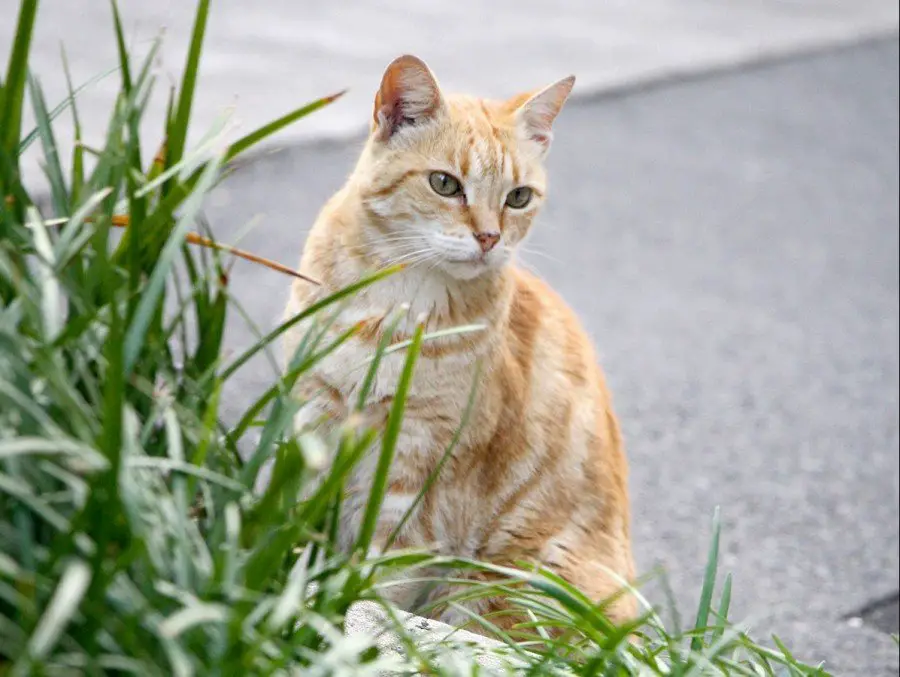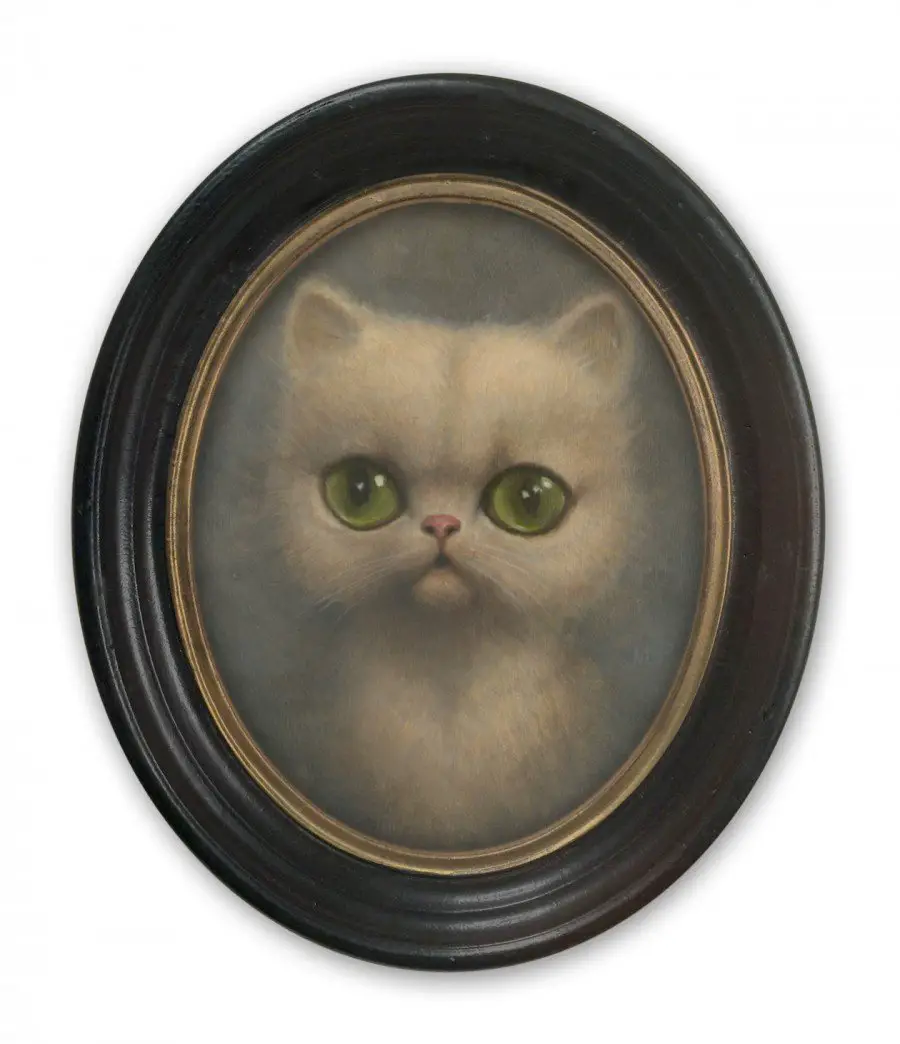Guest Author: Victoria Davis
Litter box habits are often misunderstood, even by people who love cats. Misconceptions can lead to messy accidents and a stressful situation. You may even be hurting your cat without knowing it. Check out the following three myths about cats and their litter boxes!
Myth #1: A cat who won’t use the litter box is being bad.
Cat behaviors are dictated by animal instinct, not emotion. This means cats don’t pee on your rugs out of spite, and they don’t do it to irritate you. They might avoid the litter box for other reasons, including stressful events, separation anxiety, disputes over territory, or physical pain, but being a bad kitty isn’t one of them.
Cats want to use their litter boxes, so when they don’t, something is very wrong. It’s a symptom of a larger problem, meaning there’s an unknown trigger that caused the unwanted behavior. That’s why it’s so important to work with your veterinarian to treat (or rule out) any medical issues first. Once your veterinarian determines your cat is physically healthy, your next step is to figure out why your cat is stressed and unhappy: Has anything recently changed in your life? Do you regularly clean and disinfect his litter box? Are stray cats yowling outside your window? If you’re dealing with territorial issues, you can try using Feliway‘s multicat formula. Switching litter box locations or avoiding scented litter could help too. You may also want to talk to a cat-behavior specialist if you’re at your wit’s end. The sooner you identify the trigger, the sooner you’ll be able to resolve the situation.
“Cats want to use their litter boxes, so when they don’t, something is very wrong.”
Myth #2: Cats prefer to do their business in private.
There’s some truth to this statement, but it’s not entirely accurate. When it comes to litter box locations, cats prefer a place that’s accessible and safe. Your cat has to have easy access to a litter box, meaning it’s not too far away and not too hard to reach. While your cat won’t want to do his business in a noisy and busy area, he’s also not going to like climbing down two flights of stairs to get to a litter box in the basement.
As for safety, a cat is pretty vulnerable while urinating or defecating. If he doesn’t have a clear view of the space around his litter box, he won’t be able to watch for predators. That’s why many cats prefer not to use a litter box inside a closet or a shower stall. Covered litter boxes are also problematic for this reason. While they’re as private as you can get, they completely block out the view of the room and provide only one opening with no other ways to escape. A predator (or other household cat) can simply crouch around the corner, waiting for the perfect time to pounce.
For a cat, the ideal location for a litter box is in a low-traffic area near the main part of the house, offers an unobstructed view of the room, and provides for multiple escape routes. You may be tempted to disregard your cat’s needs and place the litter box where it can’t be seen or smelled by people. Don’t. Try these simple solutions to eliminate odors instead. If you like the idea of a covered box because you’re worried about litter scattering all over the floor, there are ways to keep your home clean without compromising your cat’s happiness – like using a top-notch litter mat.

Myth #3: Cats will happily share a litter box.
Even if you have cats who play with the same toys and eat from each other’s bowls, they may not want to share litter boxes. Is it possible for two cats to share one box? Yes, but they won’t be happy about it! Cats are not only territorial, they also adhere to a social hierarchy. You’ll see this playing out when each cat gravitates toward a favorite sleeping spot. Top cat gets the best bed which is usually higher than the others or nearer to a source of warmth. Even though sleeping spots will shift for various reasons, such as time of day, weather, or even changes to a room’s layout, each cat will have a certain territory to call their own.
Urine and feces are not only a visible territory marker, it’s a smelly one too. Some cats won’t cover their poop. Others will run to the litter box right after another finishes just to make a point. Dominant cats can even block the path to a litter box so no one else can use it, and if a cat regularly gets ambushed while urinating or defecating, he’ll soon develop litter box aversion and potential urinate elsewhere or start spraying. Nature’s Miracle does a great job of getting rid of cat urine.
The Humane Society of the United States recommends one litter box per cat, plus one more. Everyone gets their own with an extra one to spare, and a dominant cat can’t guard two boxes at once. Even if you’re lucky enough to have cats who are willing to share a litter box, providing a second choice will make them happier. You may even notice your cats preferring to urinate in one box while defecating in the other!
About the author
Victoria Davis is a mother, daughter and forever a cat lover. She is the co-founder of Smiling Paws Pets and a huge advocate for fair animal treatment and wellbeing.
Want to make over your litter box area? Check out these tips to transform your litter box area.
This blog contains affiliate links. For more information about third-party advertising on this site, please click here.
